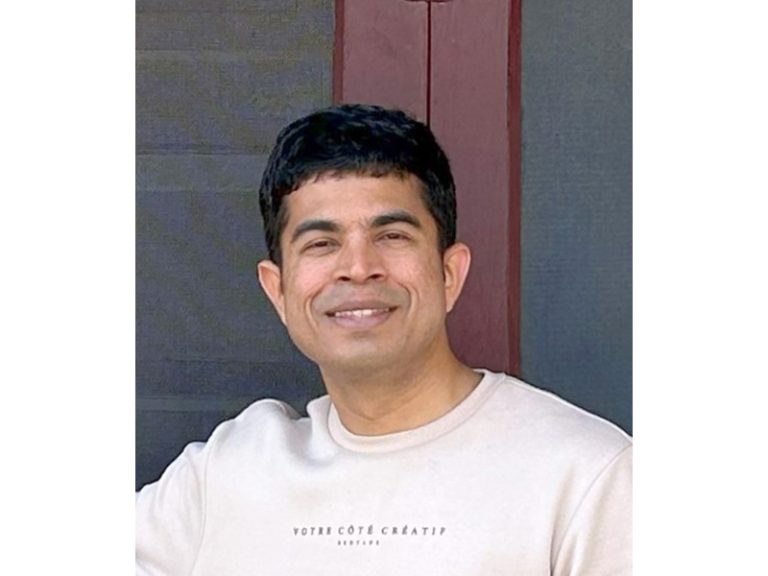Protecting children against air pollution
By -Dr. Nithin M is consultant neonatologist and paediatrician, Motherhood, Bangalore
We live in Delhi where air pollution levels are very high. To what extent will this affect my six-year-old child’s health?
— Manik Chander, Delhi
The air in the national capital is so polluted that one in every three children in the city suffers from impaired lung function. One of every ten deaths among children globally is attributed to air pollution-related health complications. India loses one child every three minutes due to air pollution.
Unlike adults, children don’t have fully developed body organs. They have narrower airways, weaker immune systems, and inhale more air (and more air pollutants) per unit of body weight than adults. Children spend a substantial part of the day outdoors, playing and engaging in physical activity in polluted air.
Moreover, younger children tend to spend more time with their mothers who often cook in kitchens with polluting fuels and devices. Children also tend to breathe through their mouth, which does not have natural filters (such as cilia and mucous), t
hat the nose does. They also do not display symptoms as quickly as adults, delaying diagnosis and treatment.
My three children (12-year-old twins and a ten-year-old girl) are mildly asthmatic. I live in Delhi and need to proactively protect them from pollution. Please advise.
— Sima Sinha, Delhi
Here are some suggestions to protect your children against air pollution:
Monitor air quality. Keep yourself informed about air quality in your neighbourbood. You could use air quality monitoring apps and/or follow government data. On days with poor air quality, keep children indoors.
Promote indoor activities. On days when air quality is poor, reduce outdoor activities, especially in the afternoons when pollution levels are higher. Encourage indoor play.
Create a clean home environment. Improve indoor air quality by using air purifiers with HEPA filters. These filters absorb pollutants and push clean air back into the room. Practice wet mopping instead of sweeping or vacuum cleaning inside homes. Thoroughly remove mould, pet dander and dust.
Promote physical activity and yoga. Encourage children to exercise regularly, follow good respiratory hygiene and practise breathing exercises such as yoga and pranayama.
Air-filtering plants. Keep air-purifying indoor plants such as spider plants, peace lilies, or snake plants to improve indoor air quality
Ensure proper ventilation. Ensure your home is well-ventilated. Keep windows open daily for fresh air circulation. This reduces indoor pollutant levels
Masks. For outdoor activities on high pollution days, encourage children to wear N95 masks, which filter out fine particles.
I work as a teacher and have two children (9 and 13 years). I want to raise awareness about air pollution and measures to reduce it. Please share suggestions.
— Mishti Kumar, Mumbai
Both as a teacher and mother, you can do plenty to create awareness about air pollution.
- Encourage children to undertake air pollution awareness drives and activities in the school/home neighbourbood.
- Encourage children to use school buses for transport instead of private cars.
- With your school management, discuss installing green energy generators instead of those which use fossil fuels.
- Motivate children to undertake trees-planting drives on the school campus and in the neighbourbood.
- Advocate installation of effective waste management and rainwater harvesting systems on the school campus.

















Add comment